Two recent reviews from Bookmunch:
Alejandro Zambra, Ways of Going Home (2011/3)
 Chile, 1985: as the neighbourhood gathers to shelter from an earthquake, a nine-year-old boy strikes up a sort of friendship with Claudia, the twelve-year-old niece of his neighbour Raúl. Claudia asks the boy to keep an eye on her uncle, and so he does – soon discovering that Raúl has frequent rendezvous with a mysterious woman. But no sooner has the boy prepared to reveal all to Claudia than she relieves him of his duties, and moves away.
Chile, 1985: as the neighbourhood gathers to shelter from an earthquake, a nine-year-old boy strikes up a sort of friendship with Claudia, the twelve-year-old niece of his neighbour Raúl. Claudia asks the boy to keep an eye on her uncle, and so he does – soon discovering that Raúl has frequent rendezvous with a mysterious woman. But no sooner has the boy prepared to reveal all to Claudia than she relieves him of his duties, and moves away.
This narrative then breaks off, and we meet a (similarly nameless) writer in the present day, who is apparently writing the noel we have been reading. He’s struggling to find his place in life, beset by a nagging feeling that his parents wrote the novel of the world, leaving his generation as “secondary characters”. The doubts and tensions raised by this feeling work their way into the writer’s novel, and this project becomes his focus – if he can get the novel right, maybe life will follow. We then return to the ‘fiction’ as, twenty years on, the boy-turned-man meets Claudia once more, and learns the truth.
Alejandro Zambra’s third novel (translated from the Spanish by Megan McDowell) thus sets up a parallel between its two storylines. The young boy’s inability to grasp the realities behind adult interactions is nicely handled (as in the scene where he sees his father and Raúl talking about what he assumes to be “solitude”, but is presumably “solidarity”), as is his older self’s reaction to learning what was really going on in his childhood. But the two sides of the novel don’t quite seem to gel: the writer storyline doesn’t reach as far into its themes, which unbalances the book as a whole.
Any Cop? It’s a mixed bag. One half of the novel is good, but the other doesn’t quite match up to it.
Sayed Kashua, Exposure (2010/2)
 Exposure is the story (translated from the Hebrew by Mitch Ginsburg) of two unnamed Arab citizens of Israel, both living in Jerusalem. One is a successful lawyer, who has made his wealth working on behalf of resident Arabs who are not citizens; his status gives him an informal, but valuable authority:
Exposure is the story (translated from the Hebrew by Mitch Ginsburg) of two unnamed Arab citizens of Israel, both living in Jerusalem. One is a successful lawyer, who has made his wealth working on behalf of resident Arabs who are not citizens; his status gives him an informal, but valuable authority:
Without [Israeli Arab professionals]who would represent the residents of east Jerusalem and the surrounding villages in the Hebrew-speaking courts and tax authorities…Many of the locals preferred to be represented by someone who was a citizen of the state of Israel… Somehow, in the eyes of the locals, the Arab citizens of Israel were considered to be half-Jewish.
One day, on a whim, he buys a novel from the second-hand book store, and finds tucked inside it a love letter, unmistakably in his wife’s handwriting. The volume is inscribed “Yonatan”, and the lawyer becomes consumed with the question of who this unknown suitor might be.
Sayed Kashua’s second protagonist has been rather less lucky in life: he’s a social worker, whom we first meet as he’s burying the 28-year-old Yonatan. We discover that Yonatan had been in a coma, and the social worker had taken on the job of minding him at night – a thankless task, but also a relatively straightforward source of income that the social worker welcomed. Looking after Yonatan also gave him something else: the opportunity to assume the Jewish man’s identity when registering on a photography course.
Exposure works best as a study of identity, and how it may be used and abused. Both protagonists operate at the boundary between Arab and Jewish identities: the lawyer acts as an intermediary between the two; the social worker becomes able to cross from one to the other. The comatose Yonatan becomes an anonymous canvas on which both men can project an identity: the lawyer creates a target for his jealous hatred, while social worker reinvents himself.
Kashua’s novel is not quite so successful in terms of plot, though. There are a couple of coincidences too many for it to satisfy as a mystery; and when the two men’s stories finally converge, it doesn’t seem to add much. Whatever the destination, though, the journey is worth it.
Any Cop?: As a study of character and issues, certainly; as a mystery story, less so.
Like this:
Like Loading...

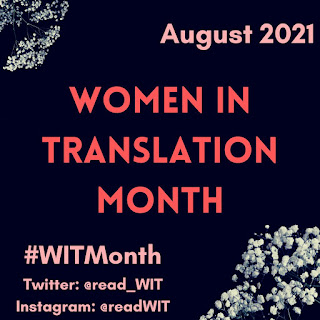
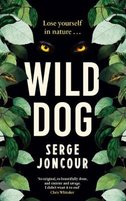
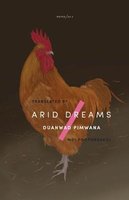
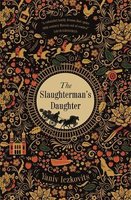
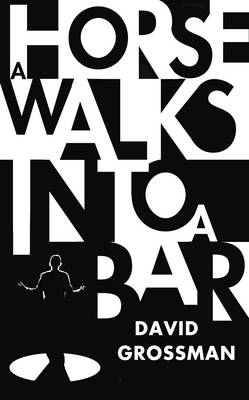
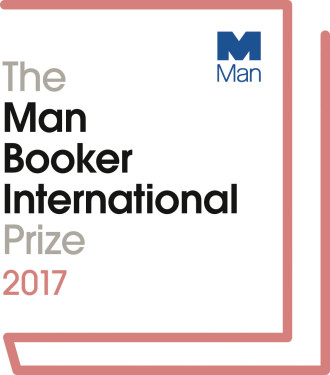
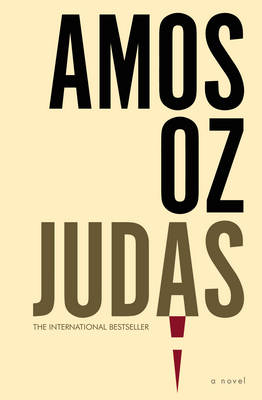
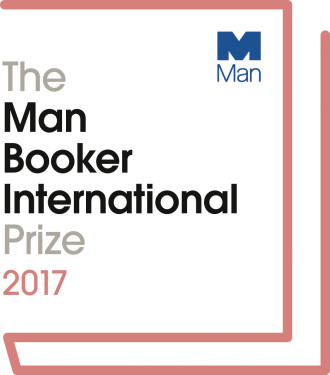
 Chile, 1985: as the neighbourhood gathers to shelter from an earthquake, a nine-year-old boy strikes up a sort of friendship with Claudia, the twelve-year-old niece of his neighbour Raúl. Claudia asks the boy to keep an eye on her uncle, and so he does – soon discovering that Raúl has frequent rendezvous with a mysterious woman. But no sooner has the boy prepared to reveal all to Claudia than she relieves him of his duties, and moves away.
Chile, 1985: as the neighbourhood gathers to shelter from an earthquake, a nine-year-old boy strikes up a sort of friendship with Claudia, the twelve-year-old niece of his neighbour Raúl. Claudia asks the boy to keep an eye on her uncle, and so he does – soon discovering that Raúl has frequent rendezvous with a mysterious woman. But no sooner has the boy prepared to reveal all to Claudia than she relieves him of his duties, and moves away. Exposure is the story (translated from the Hebrew by Mitch Ginsburg) of two unnamed Arab citizens of Israel, both living in Jerusalem. One is a successful lawyer, who has made his wealth working on behalf of resident Arabs who are not citizens; his status gives him an informal, but valuable authority:
Exposure is the story (translated from the Hebrew by Mitch Ginsburg) of two unnamed Arab citizens of Israel, both living in Jerusalem. One is a successful lawyer, who has made his wealth working on behalf of resident Arabs who are not citizens; his status gives him an informal, but valuable authority: Susannah Cahalan, Brain on Fire: My Month of Madness (2012). Cahalan is a New York Post journalist who contracted a rare form of encephalitis which induced a period of mental illness. This book is her account of that time, reconstructed largely from secondary sources (Cahalan having been left with few memories of her illness). It’s an interesting story, ranging from the development of Cahalan’s symptoms, through her eventual diagnosis, to her trying to understand the illness as she recovers.
Susannah Cahalan, Brain on Fire: My Month of Madness (2012). Cahalan is a New York Post journalist who contracted a rare form of encephalitis which induced a period of mental illness. This book is her account of that time, reconstructed largely from secondary sources (Cahalan having been left with few memories of her illness). It’s an interesting story, ranging from the development of Cahalan’s symptoms, through her eventual diagnosis, to her trying to understand the illness as she recovers.
Recent Comments